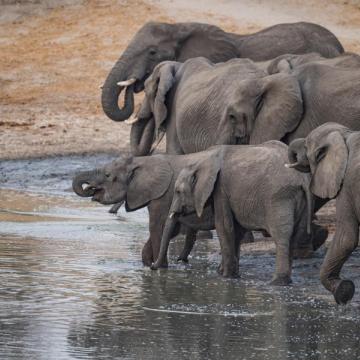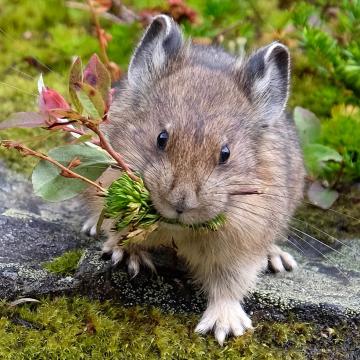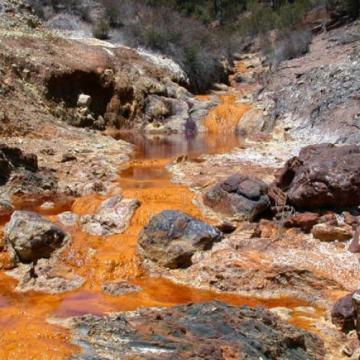-
NewsA Duke Forest tour featured research from the SEEDS Lab.
-
NewsA trove of lithium-rich brine exists underground in Bolivia. Researchers conducted the first comprehensive chemical analysis of wastewater associated with mining the resource.
-
NewsReforestation in low- and middle-income countries can remove up to 10 times more carbon dioxide from the atmosphere at lower cost than previously estimated, making it a potentially more effective option to fight climate change.
-
NewsMeet the Marine Robotics and Remote Sensing Laboratory, learn more about its research focus, lab members' experiences in the lab and the opportunities the lab offers Duke students.
-
NewsExchangeable manganese cuts carbon storage in boreal forests
-
NewsMeet the Patino-Echeverri Lab, learn more about its research focus, lab member's experiences in the lab and the opportunities the lab offers Duke students.
-
NewsThe vast size of the ocean makes tracking human activity there challenging, but a new study provides a startling glimpse of how extensive this activity has become in recent years and how much of it occurs outside of public monitoring.
-
NewsAs the world endeavors to extricate itself from a carbon economy in favor of clean energy, Lee Ferguson is working to shed light on the potential environmental risks posed by bis-perfluoroalkyl sulfonimides, a primary electrolyte in lithium-ion batteries.
-
NewsAs the world undergoes the great energy transition — from fossil fuels to alternative energy and batteries — rare earth metals are becoming more precious.
-
NewsResearchers at Duke University’s Nicholas School of the Environment and Pratt School of Engineering are co-leading a new National Science Foundation-funded project that aims to boost economic development and climate resilience in coastal North Carolina through nature-based scientific and technological innovations.
-
NewsA new study by researchers at Duke University and WWF aimed to accurately track the expansion and retraction of small ephemeral water bodies from the wet to dry seasons across the KAZA region.
-
NewsFossil-fueled electrical grid’s enormous water use is often overlooked.
-
NewsClimate change threatens species worldwide. At the Nicholas School, we’re creating new geospatial tools that boost their odds of survival.
-
NewsMixing toxic coal ash into acid mine drainage may sound like an odd recipe for an environmental solution, but a new Duke University-led study finds that it can neutralize the drainage’s dangerously low pH and help reduce harmful impacts on downstream ecosystems—if you use the right type of ash. Using the wrong type of ash can create new contamination and not tame the drainage’s extreme acidity.
-
NewsThe sustainability of North American forests depends on trees’ ability to produce seeds and seedlings that can survive and grow in a changing climate. A new Duke University-led research initiative with more than $2 million in funding from the National Science Foundation aims to help boost their odds of success.














